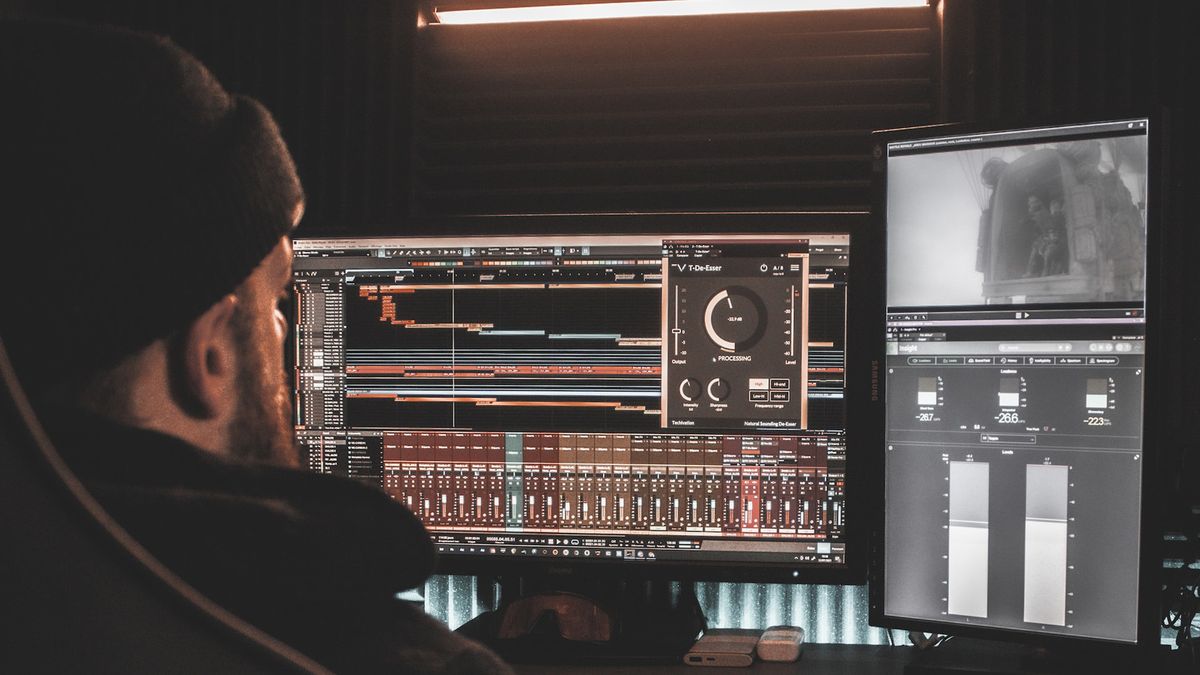YouTube is reportedly developing a new AI tool that could revolutionize the music industry. This technology would allow content creators to produce songs using the voices of famous singers and musicians. According to a recent Bloomberg report, YouTube has been in talks with record labels to secure the necessary rights to train the AI with popular songs. However, negotiations are still ongoing, as YouTube wants to avoid any legal troubles or copyright infringement.
Similar to the current situation with OpenAI, which is being sued by several authors for allegedly using their work illegally, musicians and labels are wary of giving up control over their music. They want to ensure that developers cannot use their work without permission or compensation. This issue highlights the importance of maintaining ownership and control over creative content in the age of AI.
Initially, YouTube planned to showcase a beta version of this technology during the Made On YouTube event last month. According to Billboard, the beta would have allowed a select group of artists to grant permission for their likeness to be used by certain creators on the platform. Eventually, YouTube aims to launch this feature for all users, allowing them to use the voices of consenting artists.
The response from the music industry has been mixed. Some companies have shown interest and are willing to collaborate with YouTube on this project. However, record executives have struggled to find artists who are willing to participate. Many artists are concerned about their voices being used in ways they do not agree with or endorse.
YouTube is positioning itself as a partner to the music industry, offering a solution to navigate the challenges presented by generative AI technology. Although the industry recognizes the inevitability of AI, there is still apprehension about its potential impact. The technology presents both opportunities and risks, and the music industry must find a way to adapt or risk being left behind.
Another challenge lies in the publishing aspect of music production. Making music involves a team of individuals, including songwriters and other contributors. To address this issue, YouTube is considering providing labels with a lump sum licensing fee, which they will then allocate among the various stakeholders.
Despite the concerns, there is some optimism. Billboard reports that rights holders are engaging in good faith discussions to find common ground and reach mutually beneficial agreements. Some artists recognize the potential for new avenues of creative expression, while record executives may view AI as a potential threat to their businesses.
Ultimately, the outcome of these negotiations remains uncertain. YouTube’s new AI tool could unleash a wave of creative possibilities for users, but only if fair deals are made and all parties involved are satisfied. As the music industry continues to grapple with the challenges and opportunities presented by AI, it is crucial to prioritize collaboration and fair compensation for all stakeholders.
In the meantime, if you’re interested in music production, be sure to check out TechRadar’s list of the best free music-making software for 2023.

I have over 10 years of experience in the cryptocurrency industry and I have been on the list of the top authors on LinkedIn for the past 5 years.

